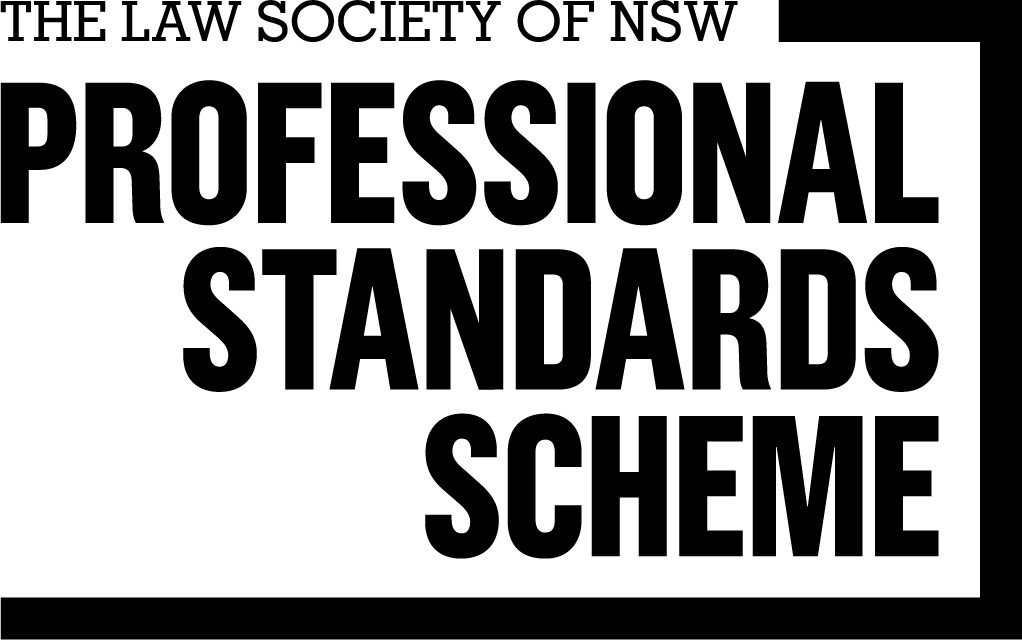In Sneakerboy Retail Pty Ltd v Georges Properties Pty Ltd (No 2) [2020] NSWSC 1141, the NSW Supreme Court has provided the first judicial review of the operation of the COVID-19 regulations. The case concerned the operation of the NSW Retail and Other Commercial Leases (COVID-19) Regulation 2020. Since the regulations are different in each jurisdiction, care should be taken when applying the decision to the regulations in operation outside NSW.
Life after death
The judgement noted section 5 of the Regulation:
“This Regulation applies to the exercise or enforcement of rights under a commercial lease in relation to circumstances occurring during the prescribed period”.
At para [65] the Court held that “…the regulation has the effect that, in relation to “circumstances occurring during the prescribed period”…the COVID-19 Regulation prohibits the prescribed actions whenever the rights are sought to be exercised or enforced…If they [the circumstances] occur during the prescribed period, then the prescribed actions cannot be taken during or after the period”.
The effect of this is that “…Lessors will be prohibited from terminating the Lease, or recovering the …bank guarantee for any breach…of the type referred to in clause 6 [ie section 6 of the Regulation]…during the prescribed period” [at 67]. The breach referred to in section 6 of the Regulation is a failure to pay rent, outgoings, or a failure to trade.
In other words, after the repeal of the Regulation on 24 October 2020, lessors will not be entitled to cash bank guarantees or to re-enter in response to a failure to pay rent or outgoings, or to trade, during the prescribed period.
Extent of pandemic period
Clause 7 of the Regulation requires the parties to renegotiate the rent, if a request is made. The renegotiation is to be informed by: (a) the economic impacts of the COVID-19 pandemic; and (b) the leasing principles set out in the National Code (per s7(4) of the Regulation).
Robb J distilled from leasing principle 3 of the Code that the pandemic period commenced on 1 April 2020 (as set out in the statement of the purpose of the Code (see [104]) (despite the Regulation commencing on 24 April 2020), and went on to hold at [105]:
“The result is, in my view, that the instalment of rent…due under the Lease on 1 April 2020, which was payable in advance, should not be treated as being a vested entitlement of the Lessors before the operation of the COVID-19 regime. Even though the COVID-19 Regulation came into effect on a later date, its terms, insofar as they required the application of the leasing principles, had retrospective effect to 1 April 2020 in relation to rent and outgoings for the period from that date”.
At the other end of the timeline Robb J had regard to the statement in leasing principle 3 of the Code, that the proportionate reductions in rent should extend for the pandemic period, and for a “subsequent reasonable recovery period”. Without setting any hard and fast rules, the Court accepted Sneakerboy’s submission (at [148]) that in this case a reasonable recovery period was 6 months from repeal of the Regulation on 24 October 2020.
Tenant’s turnover
In negotiating rent relief, the parties are required to have regard to the reduction in the tenant’s turnover in consequence of the pandemic (see leasing principle 3). There has been debate about whether the reduction in turnover should be considered on a per-store basis, or whether it should be determined based on the tenant’s total, consolidated turnover.
While noting (at [112]) that this issue need not always get the same answer, Robb J held that in general terms, the whole of the tenant’s turnover from all sources (including internet sales) was the appropriate measure (see [113] and [116]).
Method of calculating reduction
The court noted that the Regulation contemplated a single renegotiation of the rent for the whole of the pandemic period and a reasonable recovery period. It did not require a rolling month-by-month turnover comparison followed by a reconciliation. However, there was nothing to stop the parties from adopting that approach, if they wished to do so [143].
Robb J also thought that the proportionate fall in trade (at least in relation to Sneakerboy) should be measured on an annual basis, not on a month-by-month metric [138].
Conclusions
The decision provides guidance on a number of issues in NSW. In particular, it clarifies that pandemic rent relief is available to tenants in NSW in the period from 1 April to 24 April. It also extends the pandemic rent relief to a reasonable recovery period following 24 October 2020.
The decision is authority for the proposition that a lessor cannot cash a bank guarantee, after 24 October 2020, to recover arrears arising from a failure to pay rent or outgoings in the period 1 April 2020 to 24 October 2020. It would also seem to follow that the regulation does not prevent a lessor from now cashing a bank guarantee to recover arrears owing in the period before 1 April 2020.
We also now have judicial authority that the reduction in turnover to be considered for purpose of negotiated rent relief is the tenant’s consolidated turnover from all sources and locations.
Download PDF here – COVID-19 Regulations_Sneakerboy
Speirs Ryan is a Sydney based boutique property law firm with national coverage. The firm is uniquely placed with specialist teams in both property transactions and strata law.
Disclaimer: This article is a general summary with focus on issues of interest to the authors. It is not intended to be used as legal advice.



